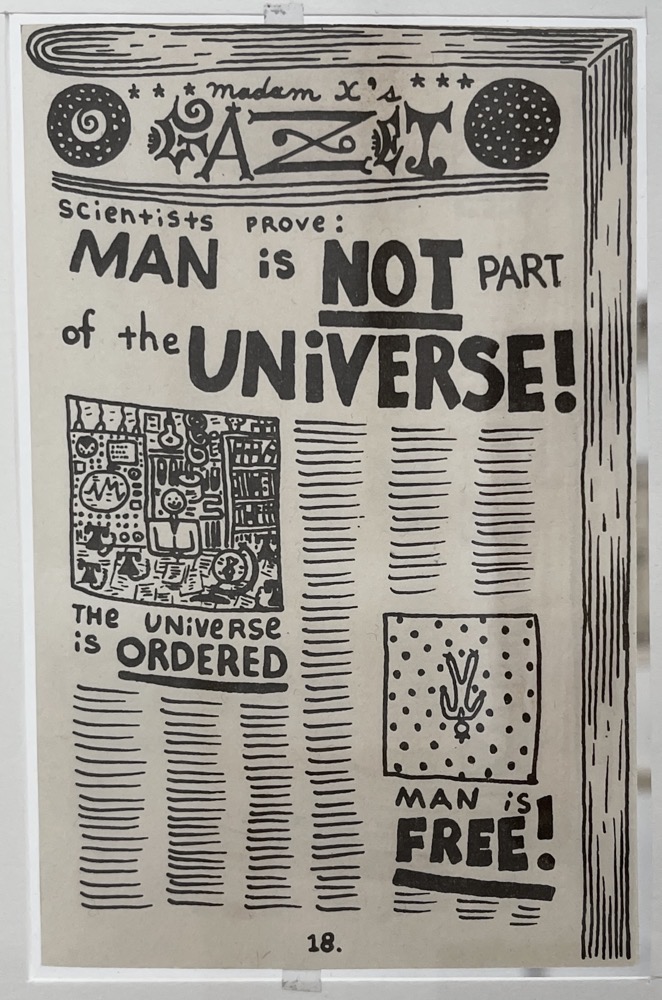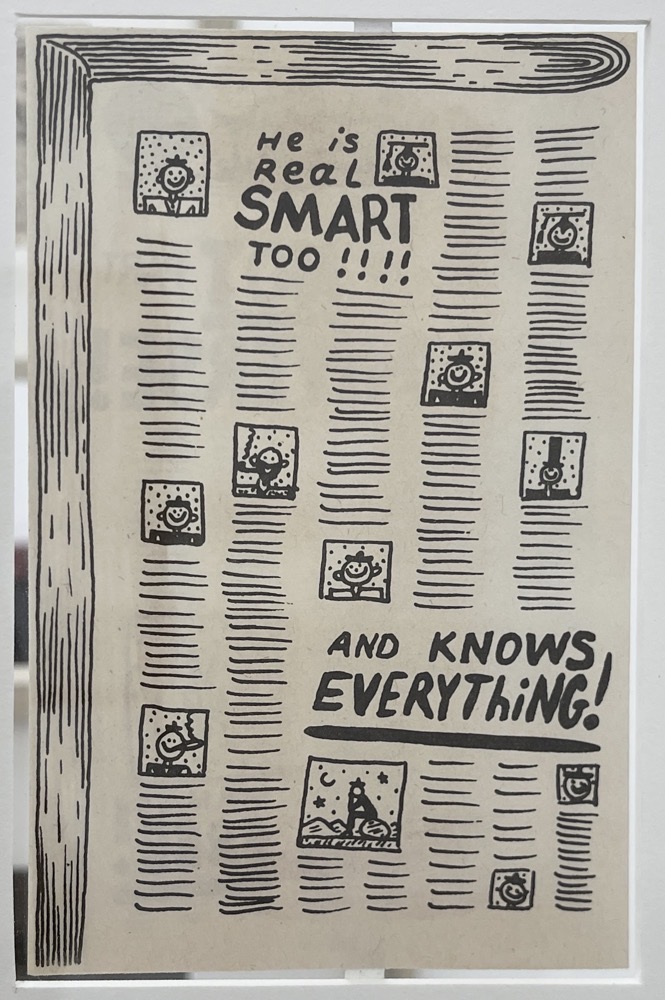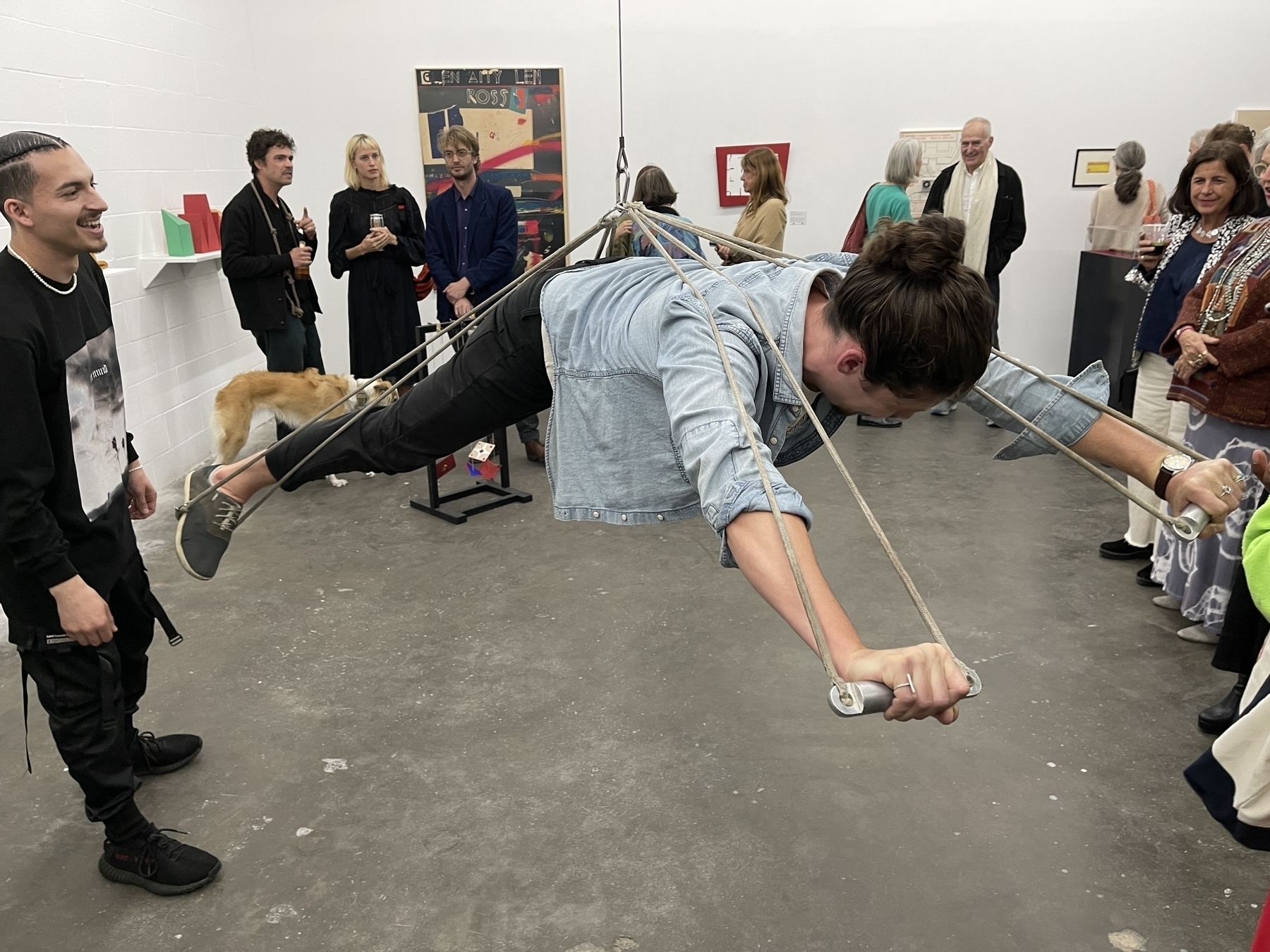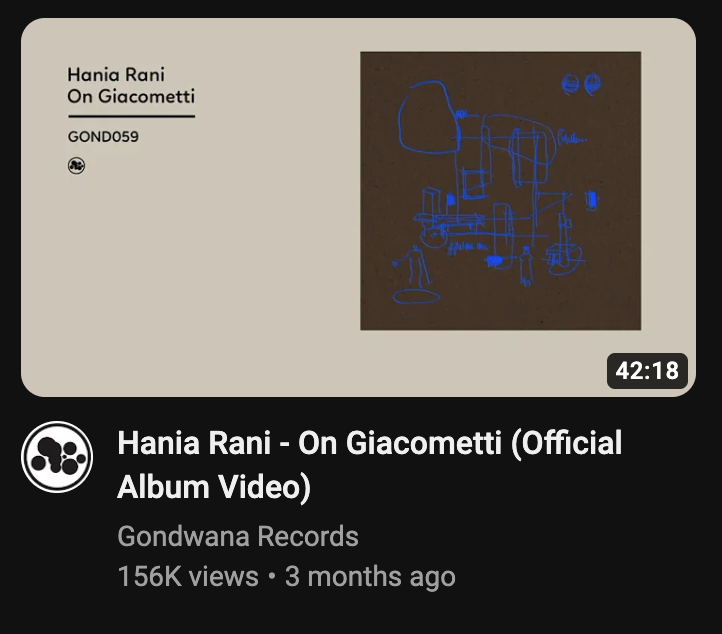A Just Society Wouldn't Need a Sweet James
When I first moved to LA, the ubiquitous billboards advertising a figure known as Sweet James intrigued me. Who was this Sweet James? Driving back from Highland Park in the late afternoon, we passed a billboard, then a bus, then a bus stop ad, all for Sweet James, all promising he would fix your situation, set things to rights. We decided that Sweet James must be a supernatural force that could be summoned by Angelenos whenever we found ourselves in a jam. Wish you hadn’t broken up with your girlfriend? Call Sweet James, and she’ll be outside your door in ten minutes, begging you back. Outgunned at the rumble with the opposing gang? Call Sweet James and watch the bodies fall. Piled up a whole bunch of dirty dishes and now feeling overwhelmed? Call Sweet James!
For years we would laugh when we saw the billboards. We’d put on our deep movie announcer voices and say, “When all hope seems lost, what do they do? Call Sweet James.” Pity the city whose superheroes are all personal injury lawyers.
It tipped from absurdity into offensiveness when the Sweet James ads began popping up in the dashboard of our car. We drive a Rav4 from 2018 with a funky infotainment system. It’s not advanced enough to actually include the album art of the song you’re playing over bluetooth, but instead it will pull a random picture of Johnny Cash from Toyota HQ and show that beside the track listings. (Most often, it defaults to hilarious stock images representing “Alt Rock” or “Indie” or whatever.) When the radio is on and picking up a digital signal, that same real estate displays an image provided by the radio station. For KCRW, our local NPR affiliate, it shows, you know, the KCRW logo. But for all the pop and rock stations, they just immediately sell that space for advertisements—from, you guessed it, Sweet James.
The ad budget for this law firm! To try to get you to call them after your personal tragedy, they spend tens of millions of dollars every year. They have literally taken over the dashboard of my car. The bastards.
Yesterday, I finally realized who is paying for these enormous ad budgets. It’s me! I pay it through outrageous car insurance costs, through high taxes for a government that pays out enormous settlements left and right, and through a higher cost of goods across the board, because part of the cost of doing business is getting sued. Being part of U.S. society in 2023 means absorbing the costs of this system, where injured parties sometimes get enormous payouts (and the law firms representing them get rich along the way).
I hate it, but to be clear, I don’t really blame Sweet James or the other personal injury outfits. (Like Pirnia Law, with its derpy motto, “We didn’t meet by accident.”) In fact, I think that, in the context of a society with limited safety nets for the chronically injured, the chance of getting a big payout is a lifeline to so many people. For some people, I’m sure that Sweet James really is a sort of superhero.
Instead, I blame a society that does so little to reduce harms, that seems uninterested in stopping accidents from happening (witness the plague of swollen, pedestrian-crushing vehicles clogging our streets and parking lots), and that doesn’t take care of people after the worst happens. We should be working to build a world where personal injury lawyers are a rare breed, infrequently called upon, and with limited ad budgets. We’re not, of course. In one of the absurdities of capitalism, working to reduce the frequency of injury is actually against the interests of the lawyers who represent injured people. They don’t mind in the least that I pay exorbitant auto premiums and higher taxes and higher costs across the board, to subsidize their industry. On some level, they’d be happy if I got injured, as long as I called them. Unsafe streets and workplaces and neighbors might be a tragedy, but to them they’re also a profit center.
And so it falls to the rest of us to try to fix up our society enough to get our superhero out of the lawyering business entirely—so he can focus on what he’s truly meant to do. Because when L.A. finds itself with a dinner party in 45 minutes but still not having started cooking, who does it call? Sweet James!













